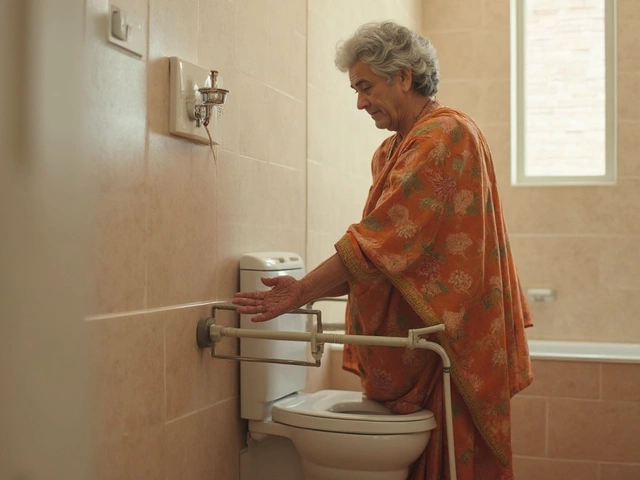Can Stage 4 Cancer Be Cured?
When talking about Stage 4 Cancer Cure, the chance of achieving remission in metastatic disease. Also known as curing late‑stage cancer, it raises questions about what's realistic and what science is delivering today.
One of the biggest forces behind any hope of a cure is advanced cancer treatment, therapies that go beyond standard chemotherapy. These include targeted drugs, radiation advances and surgical techniques that aim to shrink or eliminate tumors that have spread. Another critical piece is clinical trials, research studies that test new medicines or combinations in patients. Trials give patients access to cutting‑edge options while helping researchers figure out what actually works. Finally, immunotherapy, treatments that engage the body’s immune system to attack cancer cells has changed the conversation around stage 4 disease, turning some previously terminal cases into long‑term survivors.
Key Factors in Managing Stage 4 Cancer
Understanding the odds starts with stage 4 cancer cure statistics. Survival rates differ by cancer type, location and patient health, but overall they are lower than early‑stage disease. For example, metastatic lung cancer has a five‑year survival below 10%, while metastatic melanoma can exceed 30% thanks to immunotherapy breakthroughs. These numbers are not static; they improve as new drugs reach the market and as doctors get better at combining treatments.
Another factor is the role of personalized medicine. Genetic testing can reveal mutations that make a tumor vulnerable to a specific targeted therapy. When doctors match a drug to a mutation, response rates climb, and the chance of durable remission rises. This approach links directly to clinical trials, because many studies focus on patients with particular genetic markers, offering a pathway to access otherwise unavailable medicines.
Palliative care often gets confused with “giving up,” but it’s actually a pillar of quality of life. Managing pain, fatigue and emotional stress lets patients stay strong enough to tolerate aggressive treatments. Studies show that early palliative involvement can even extend survival, creating a feedback loop where comfort and cure support each other.
Finally, the psychological mindset matters. Patients who stay informed, maintain support networks and set realistic goals tend to stick with complex treatment plans longer. This persistence improves the odds that a breakthrough—whether a new drug, a successful surgery, or a favorable trial result—will make a difference.
Below you’ll find a curated list of articles that dig deeper into each of these topics. From real‑world survivor stories to the latest drug approvals, the posts cover the full spectrum of what a stage 4 cancer cure could look like in today’s medical landscape. Dive in to see how advanced treatments, trial participation, immunotherapy and supportive care intersect, and discover practical tips you can use right now.

Can Stage 4 Cancer Be Cured? Latest Insights on Treatment and Survival
Explore if stage 4 cancer can be cured, learn about new treatments, survival rates, emotional realities, and reasons for hope. Up-to-date and practical guide.
read more



